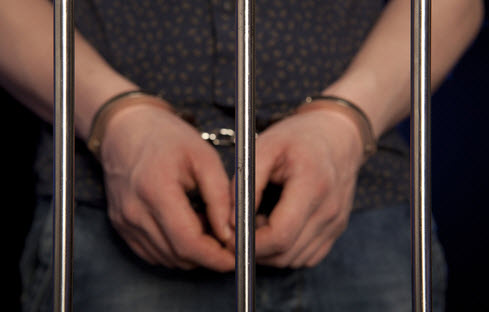On November 3rd, the Los Angeles Times highlighted an issue that many are unaware has become problematic today in how we treat juveniles as part of the criminal justice system; specifically, the fact that our system often prosecutes children under the age of 18 who sell themselves for sex as adults, while altogether failing to prosecute those who have trafficked them. Instead of treating them like criminal prostitutes, law enforcement should be treating them as trafficking victims and focus their energy on prosecuting those who are financially profiting from child abuse.
While many communities around the country are concerned about this issue, what few solutions have been offered—such as an enforcing an employment ban anyone who has ever been convicted of a human trafficking offense—by no means get to the heart of the problem. Time and time again, it has been shown that criminal reform depends upon helping those previously convicted of crimes reenter society and make a valuable contribution to it. This is why some counties—such as Los Angeles County—prohibit employers from even asking about previous convictions during the job application stage. In addition, this employment hurdle shows a clear bias against those convicted of some sex crimes but not others, as it is still permissible for other former inmates to earn gainful employment after leaving prison.
A History of Unproductive Discrimination
This approach is similar to what American society did concerning drug crimes a decade ago—making it difficult to impossible for former inmates to find employment after they left prison, leaving them with few options other than returning to a life of crime in order to support themselves. In doing so, they also disproportionately punished certain minority groups and individuals living in poverty. And although we as a society recognized that this did little good, we now appear to be doing the same thing to all of those involved in human trafficking and sex crimes, including the underage victims who have very little choice in the matter.
Unfortunately, Florida appears to be leading the nation in charging juveniles as adults; specifically, between 2009 and 2014, more than 12,000 children were moved from the juvenile to adult court system, and more than 50 percent of them were charged with nonviolent crimes. This is essentially due to Florida’s “direct file statute,” which allows prosecutors to exercise discretion in moving a case from juvenile to adult court without holding a hearing or even receiving input from a judge first.
The report also indicated that young African Americans are disproportionately affected by state law, and make up close to 30 percent of those who enter the juvenile justice system in the first place.
Our Boca Raton Sex Crimes Attorneys Can Help
If you are a juvenile or adult, and have been accused of a sex crime in Boca Raton, Florida, or surrounding areas, we can help. At Lavalle, Brown & Ronan, our attorneys have been providing justice to juveniles wrongfully prosecuted as adults and vilified for years. These crimes are serious, and can change the course of your life, making it difficult to impossible to find employment and reintegrate into society. Contact us today and we’ll provide you with a free consultation, where you’ll have the opportunity to ask questions and discuss your options.
For more information and in depth analysis, please contact Attorney Ken Ronan at kronan@bocalaw.com and Case Manager Richard Bagdasarian at rbagdasarian@bocalaw.com.
Resources:
msnbc.com/msnbc/florida-charging-kids-adults
latimes.com/opinion/editorials/la-ed-county-ban-human-trafficking-20161102-story.html

